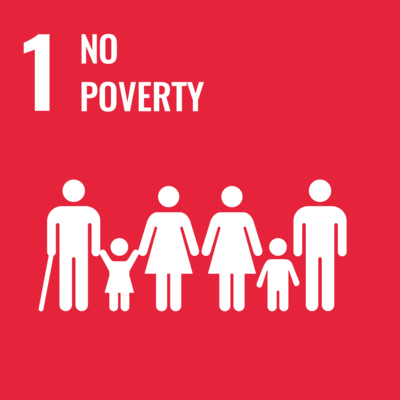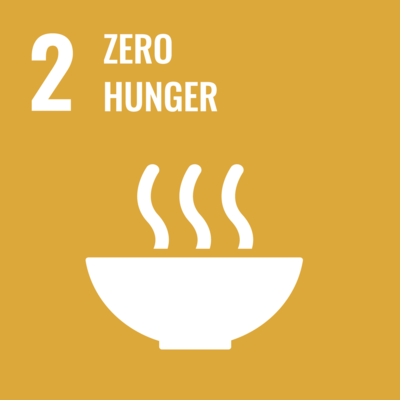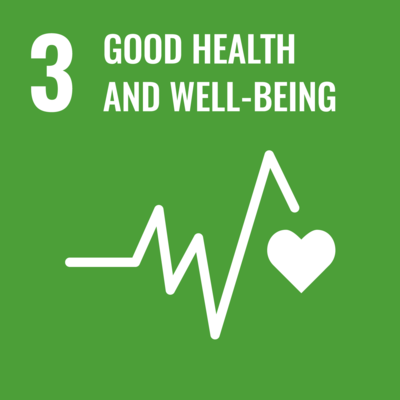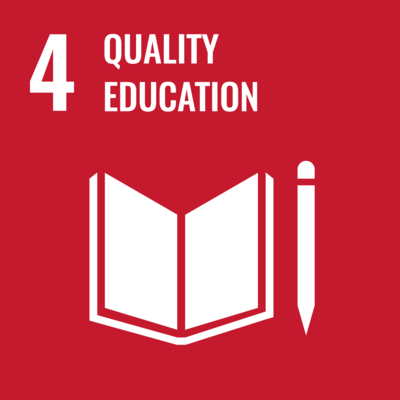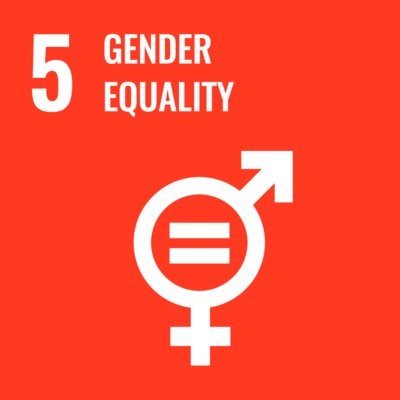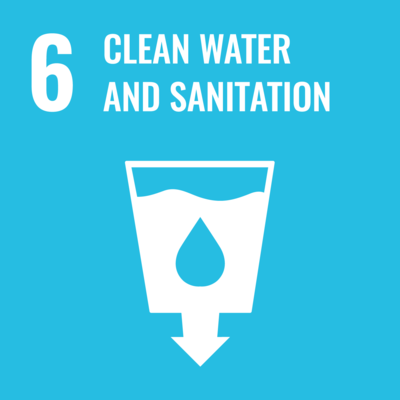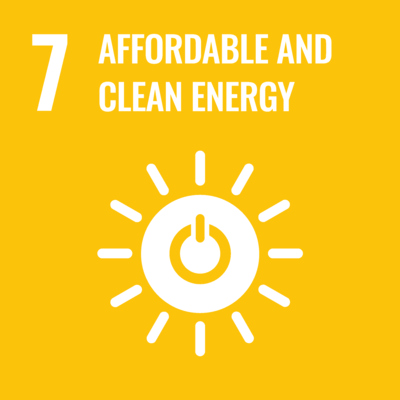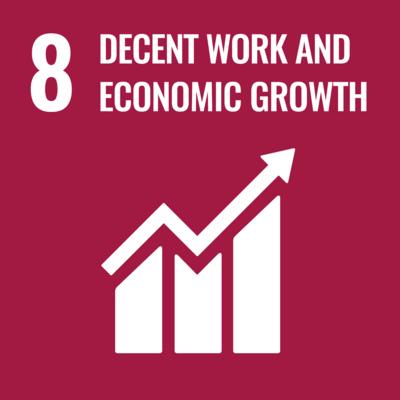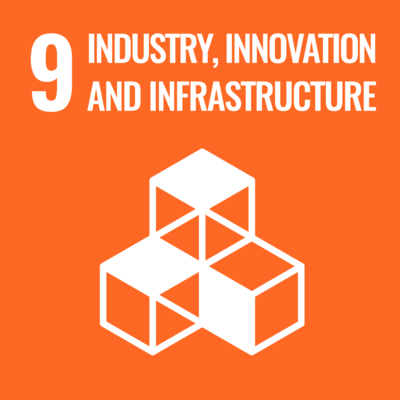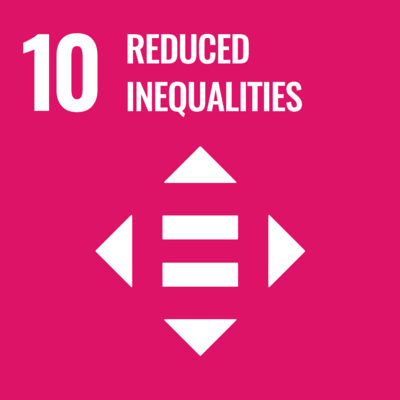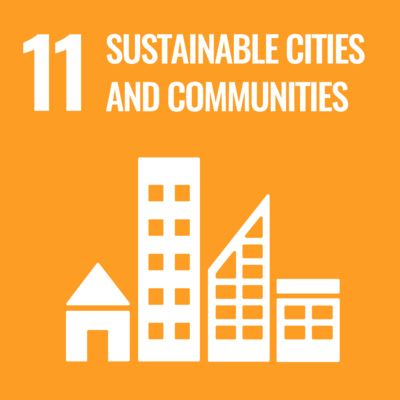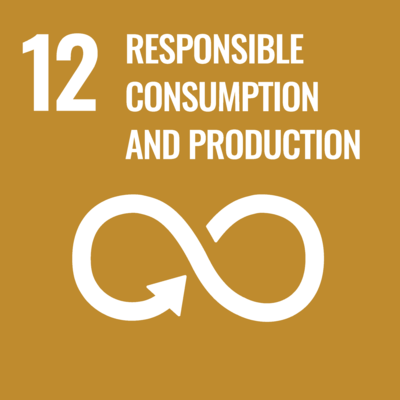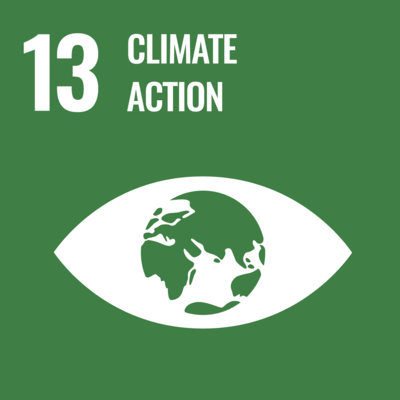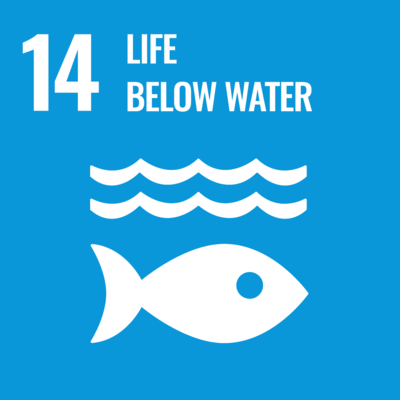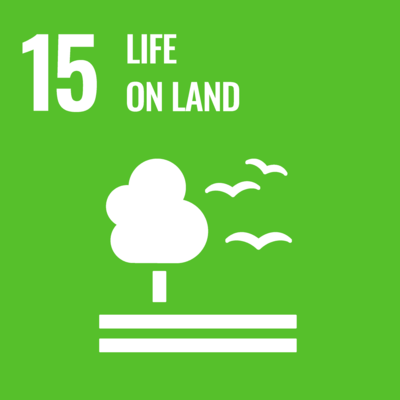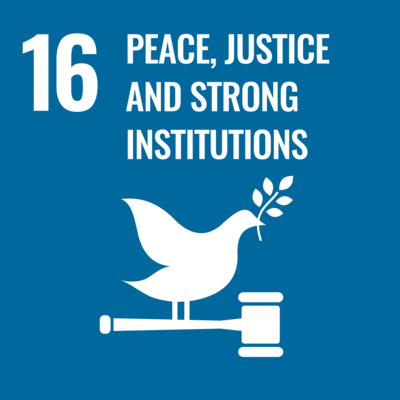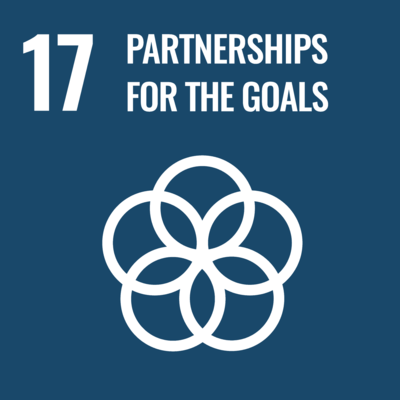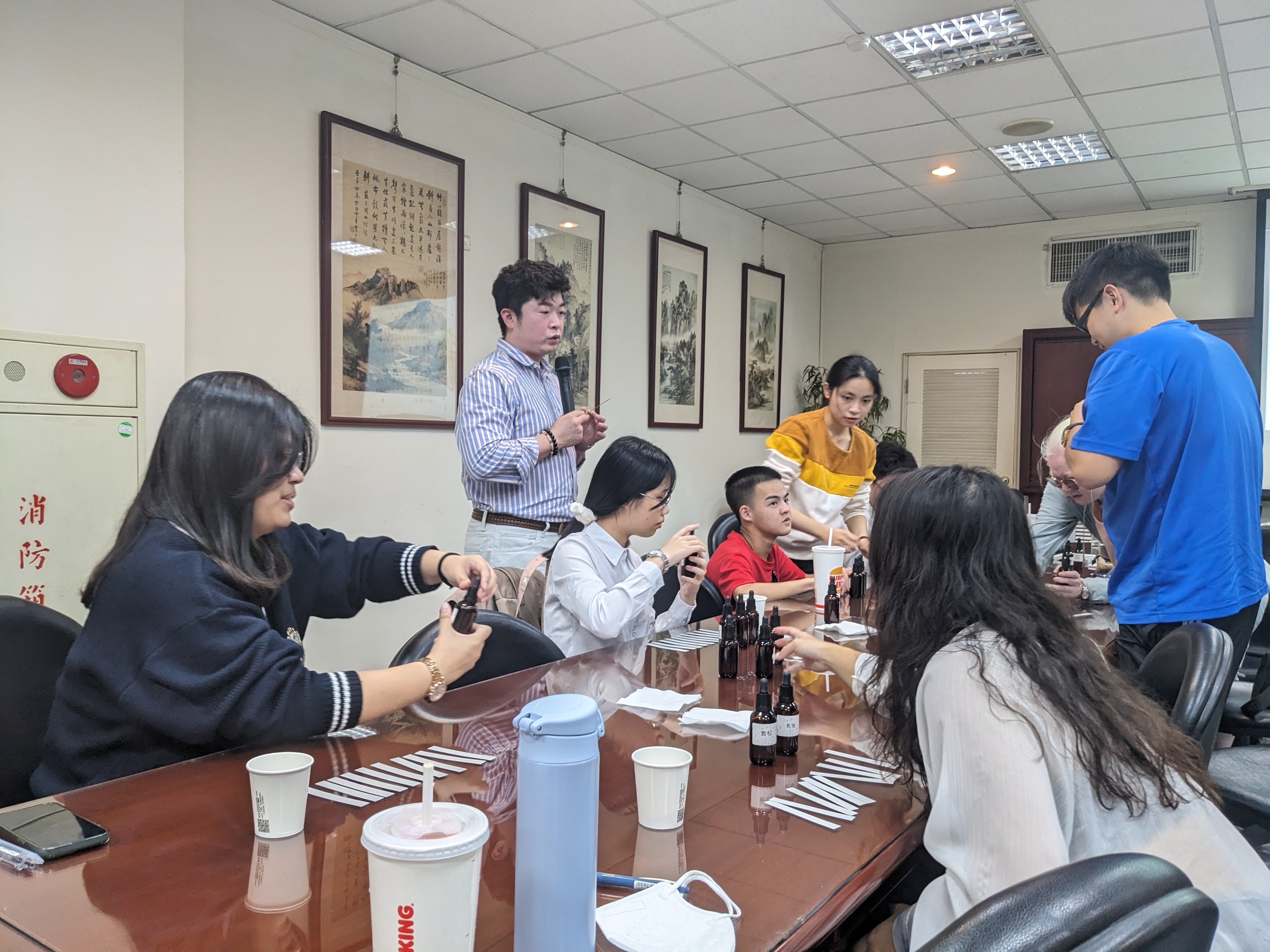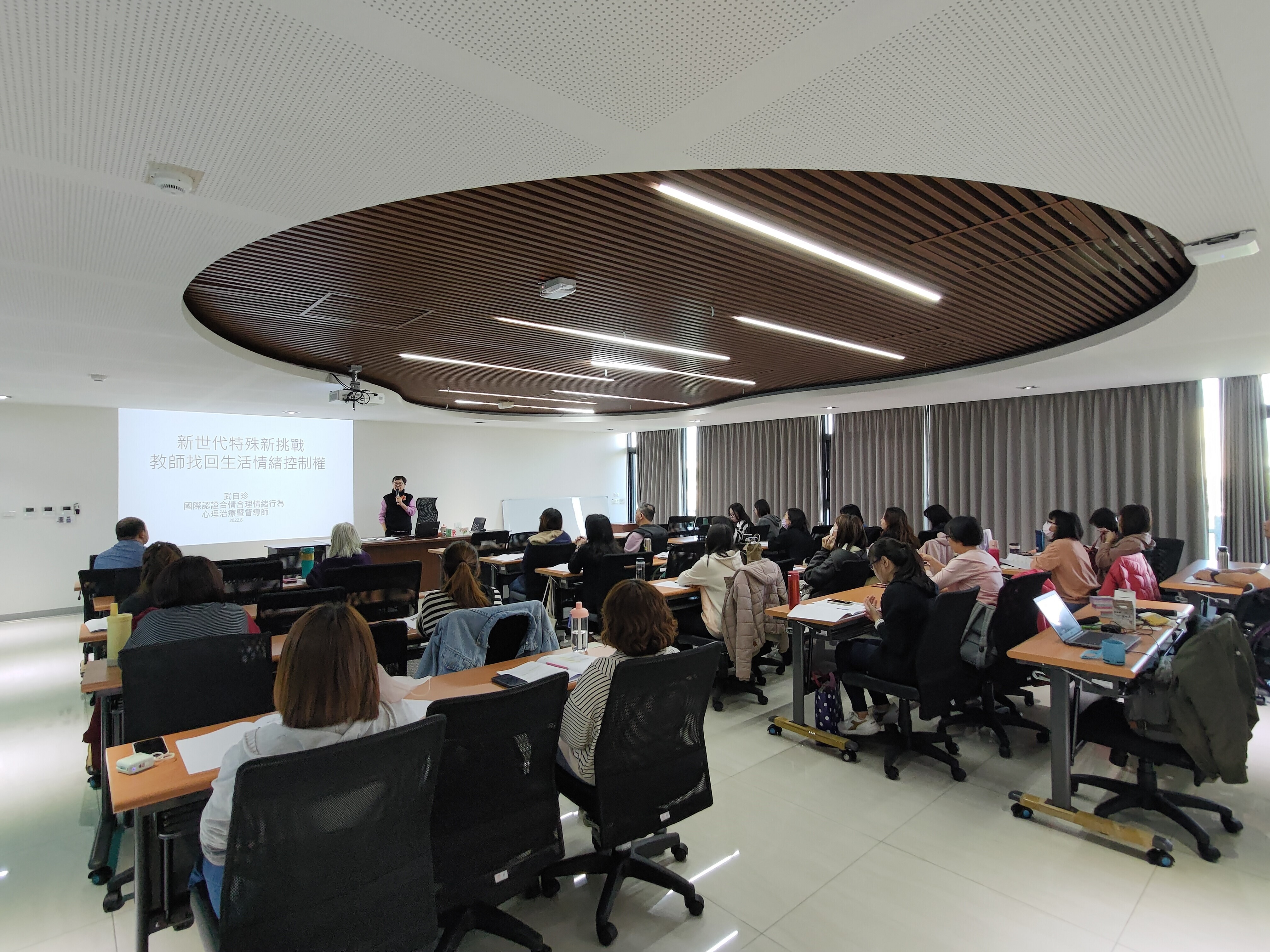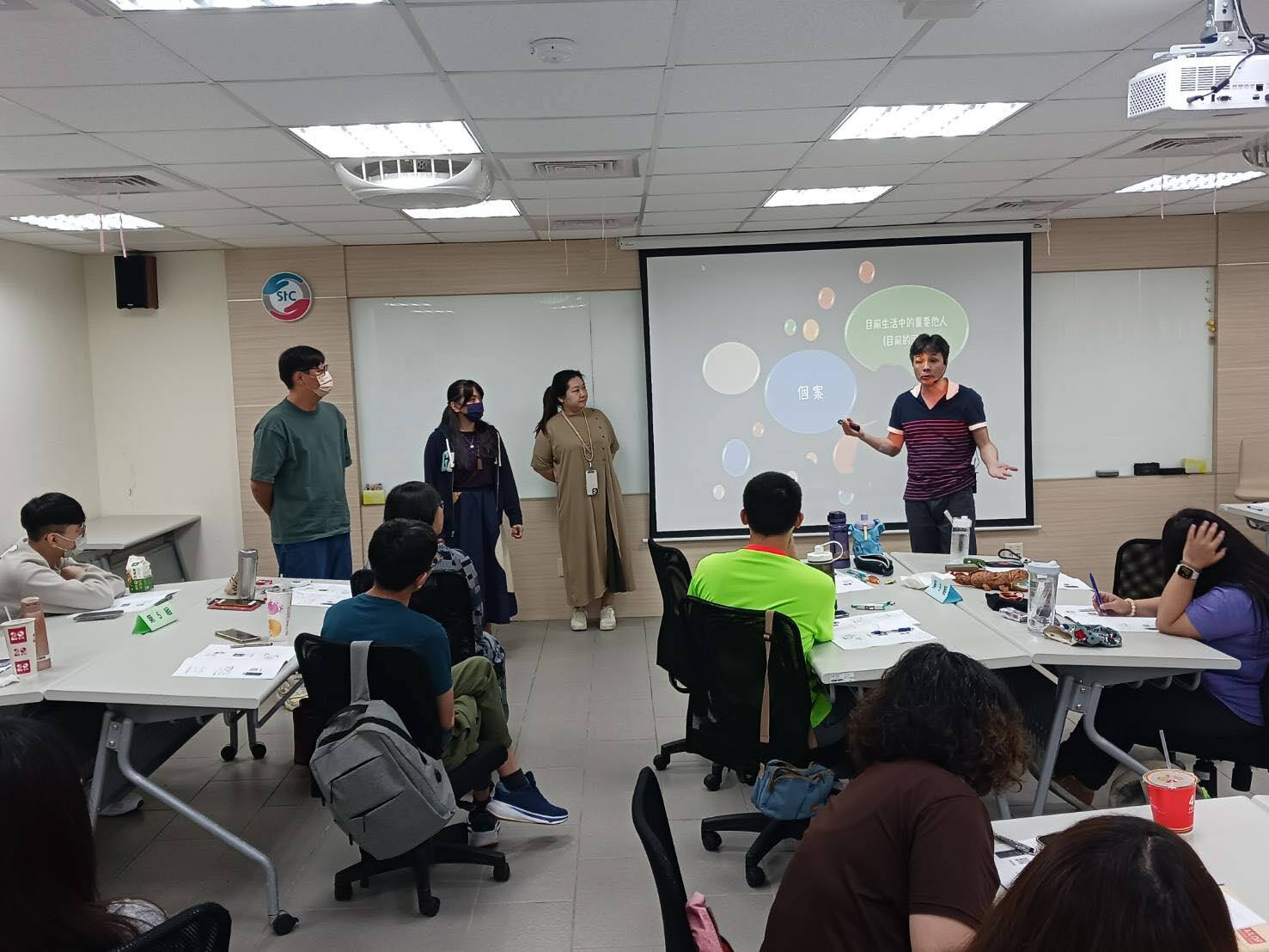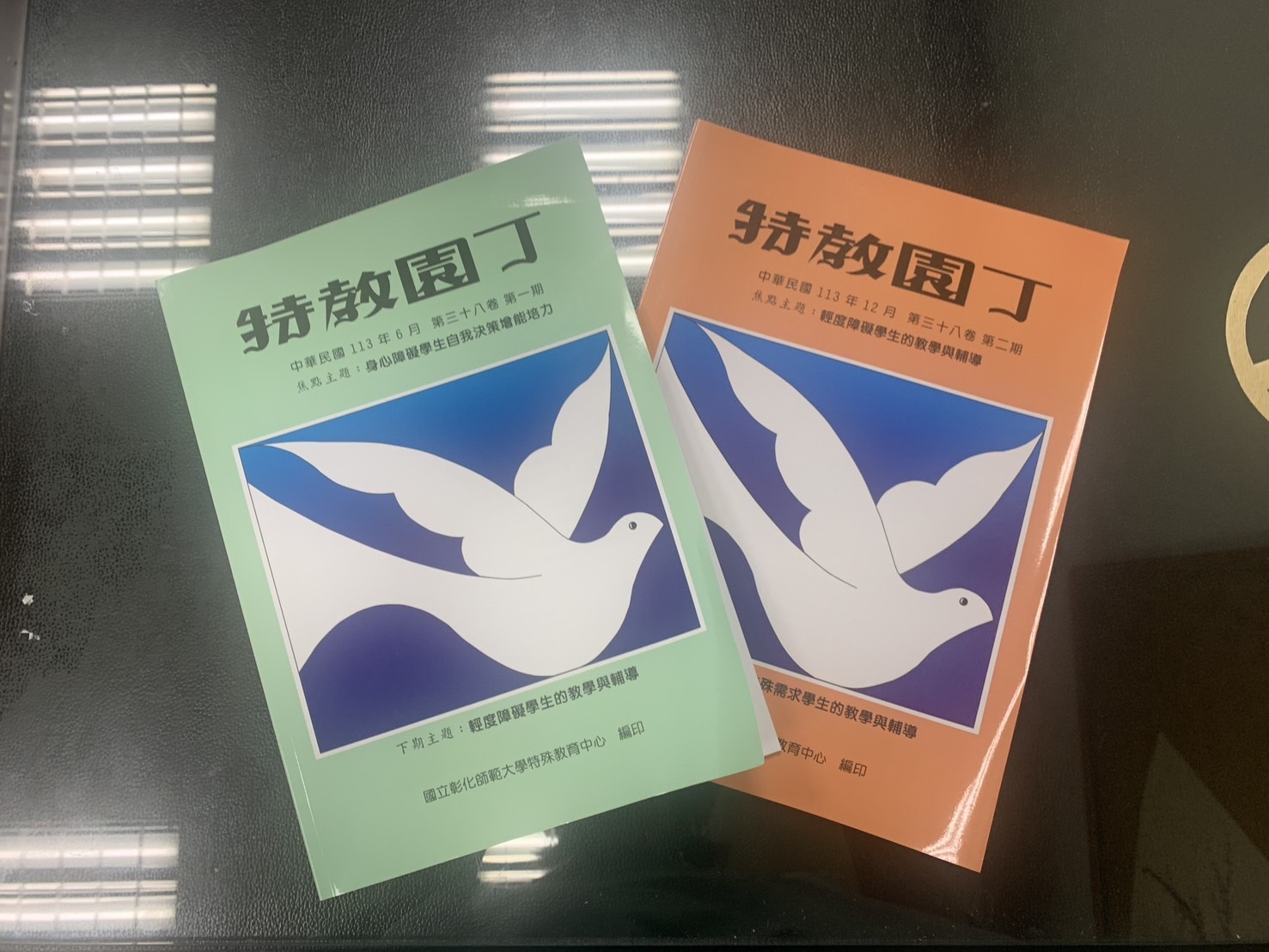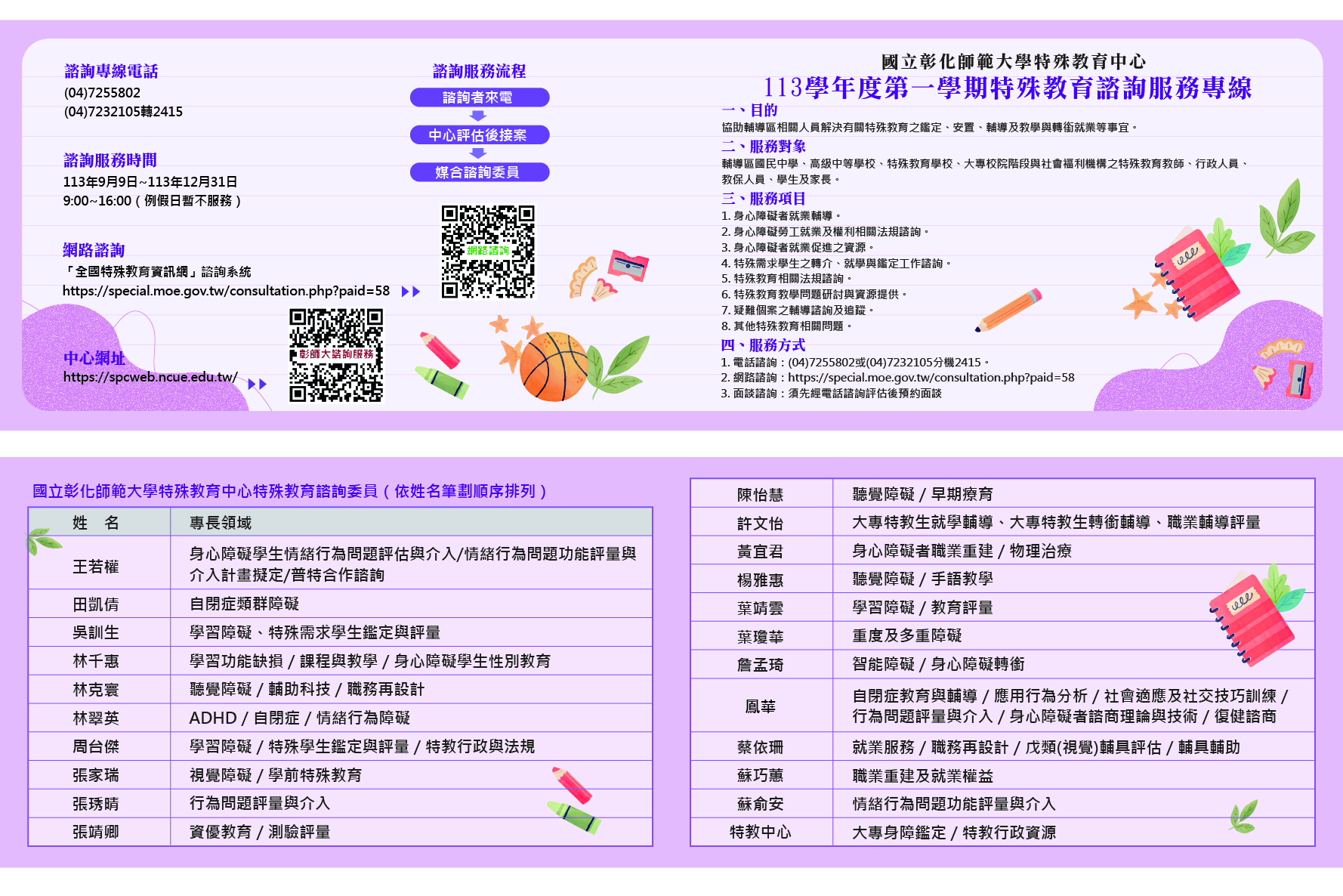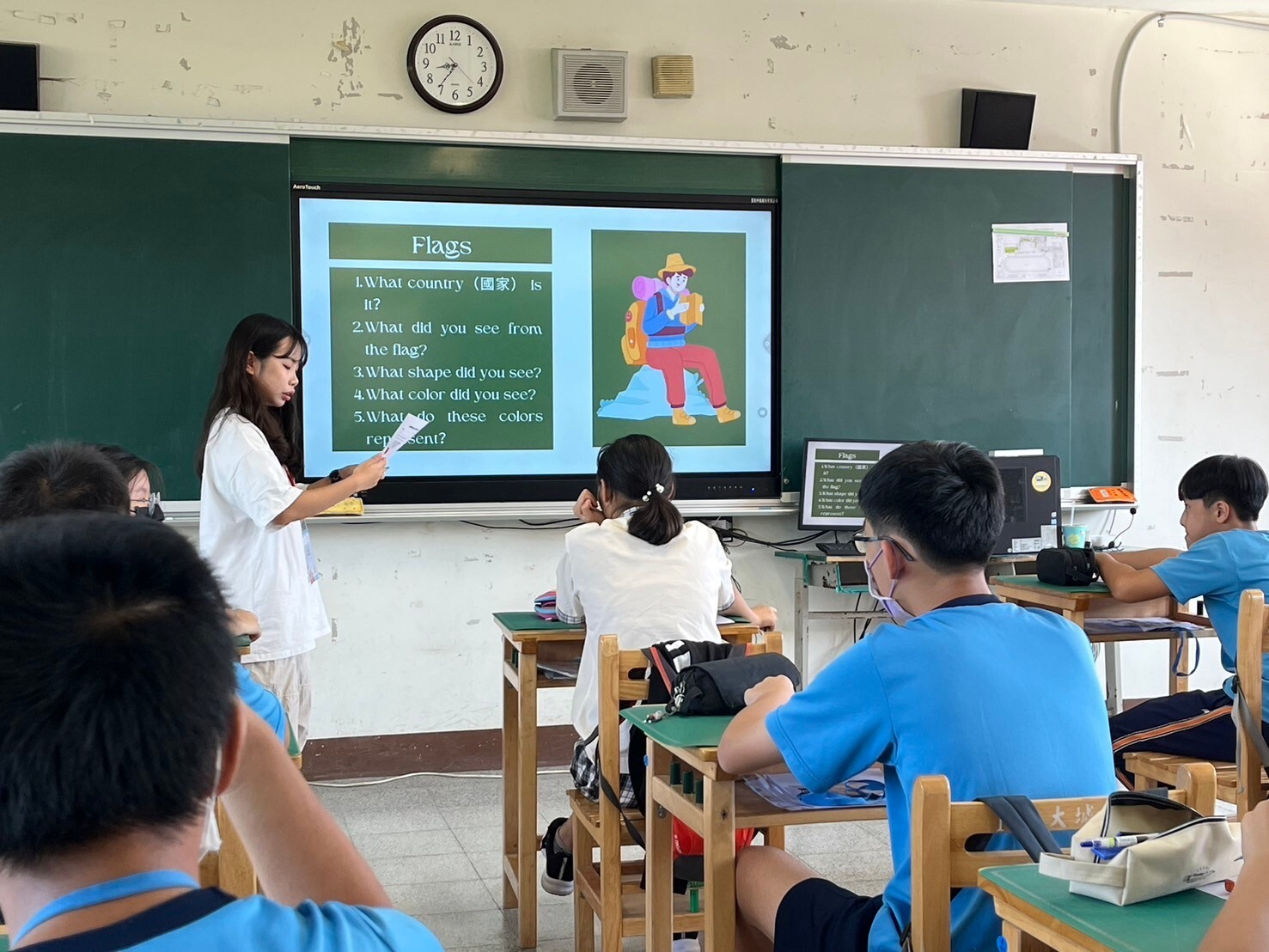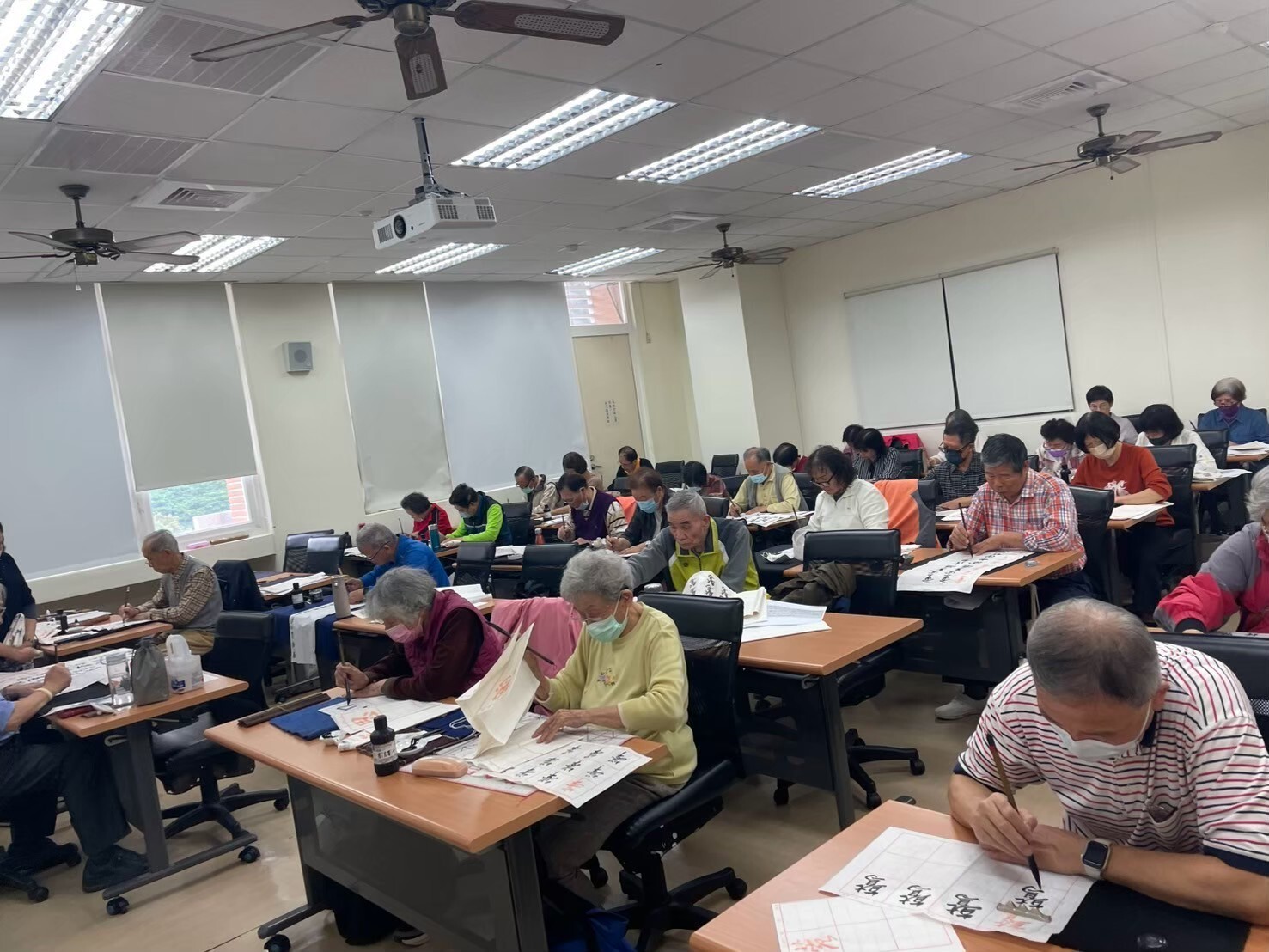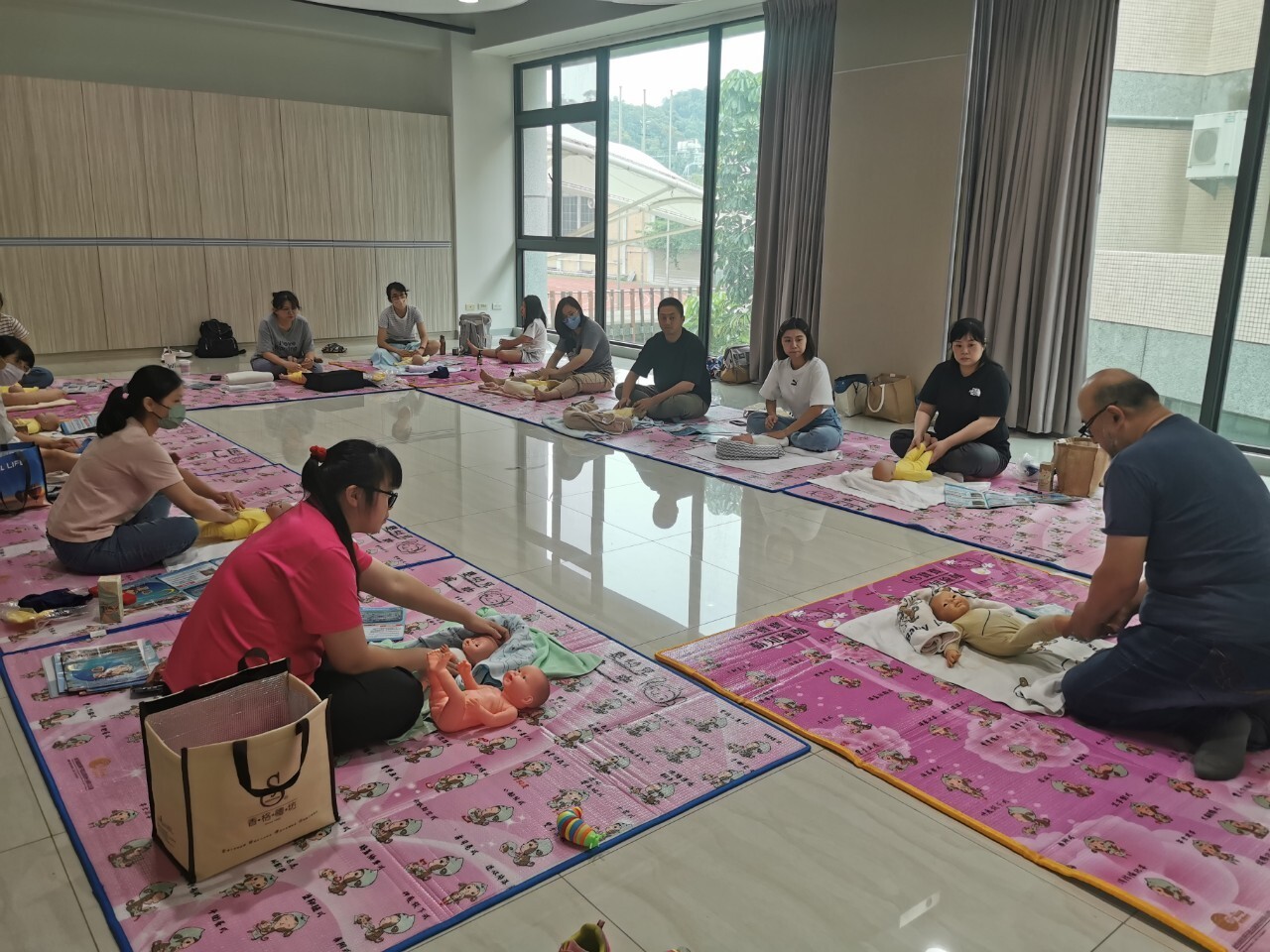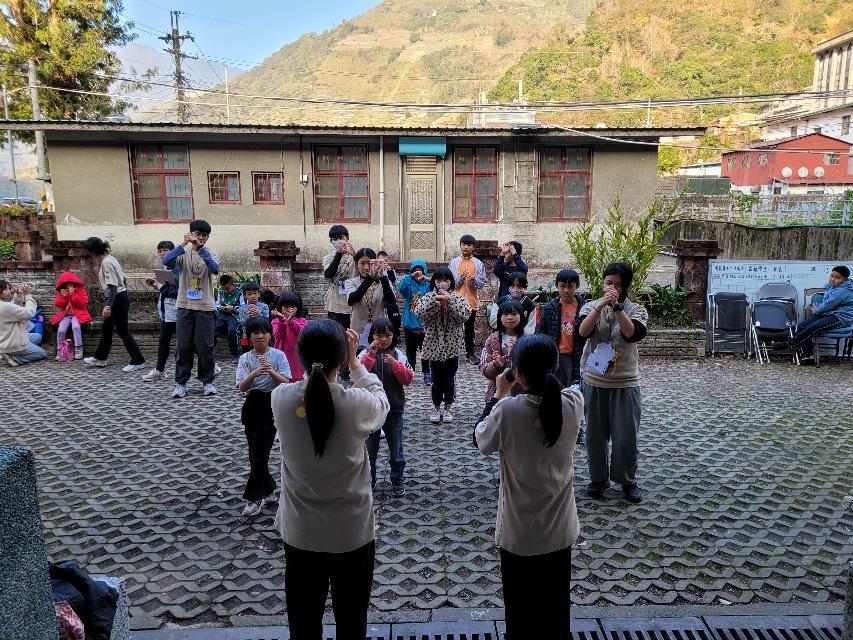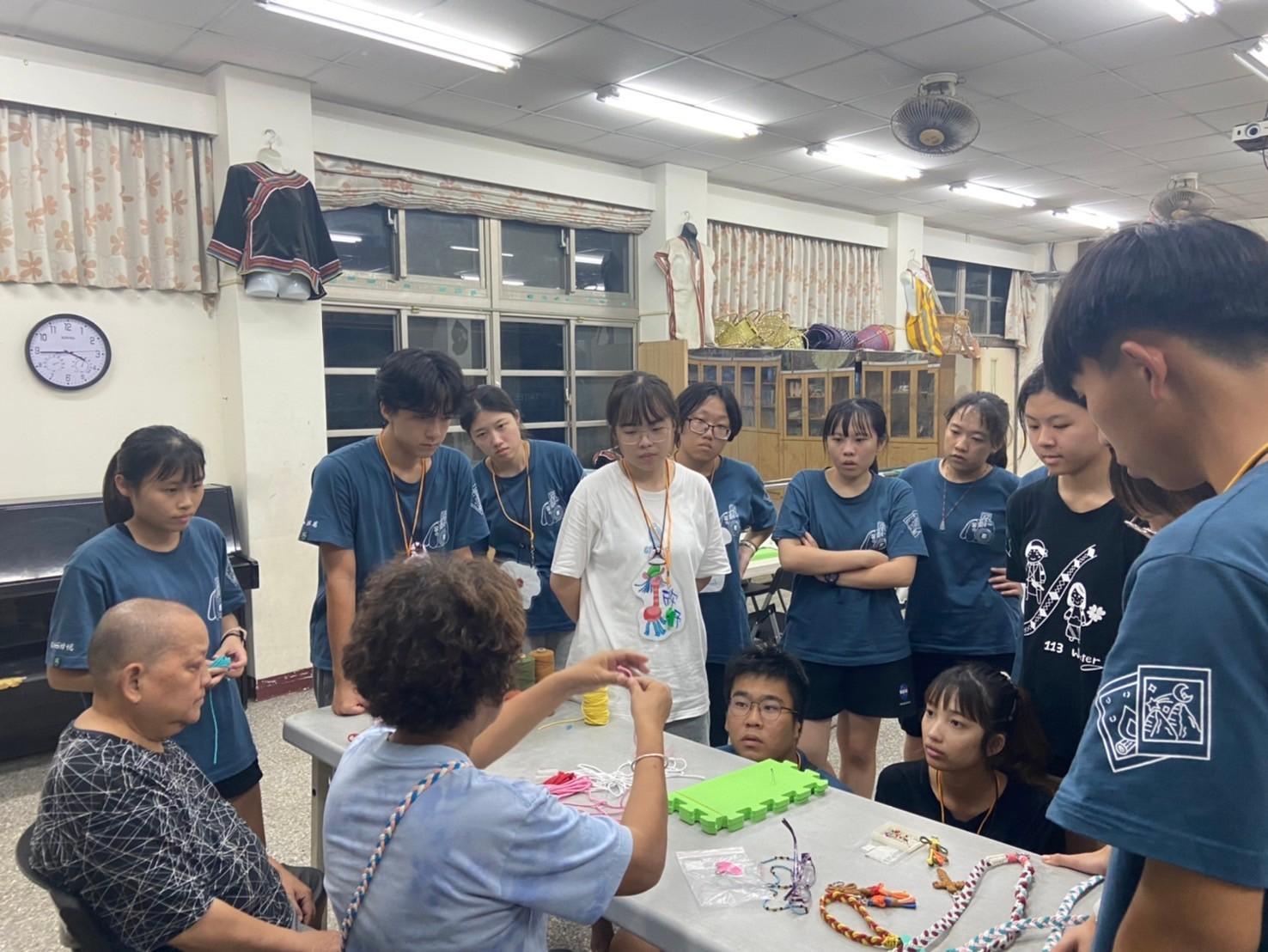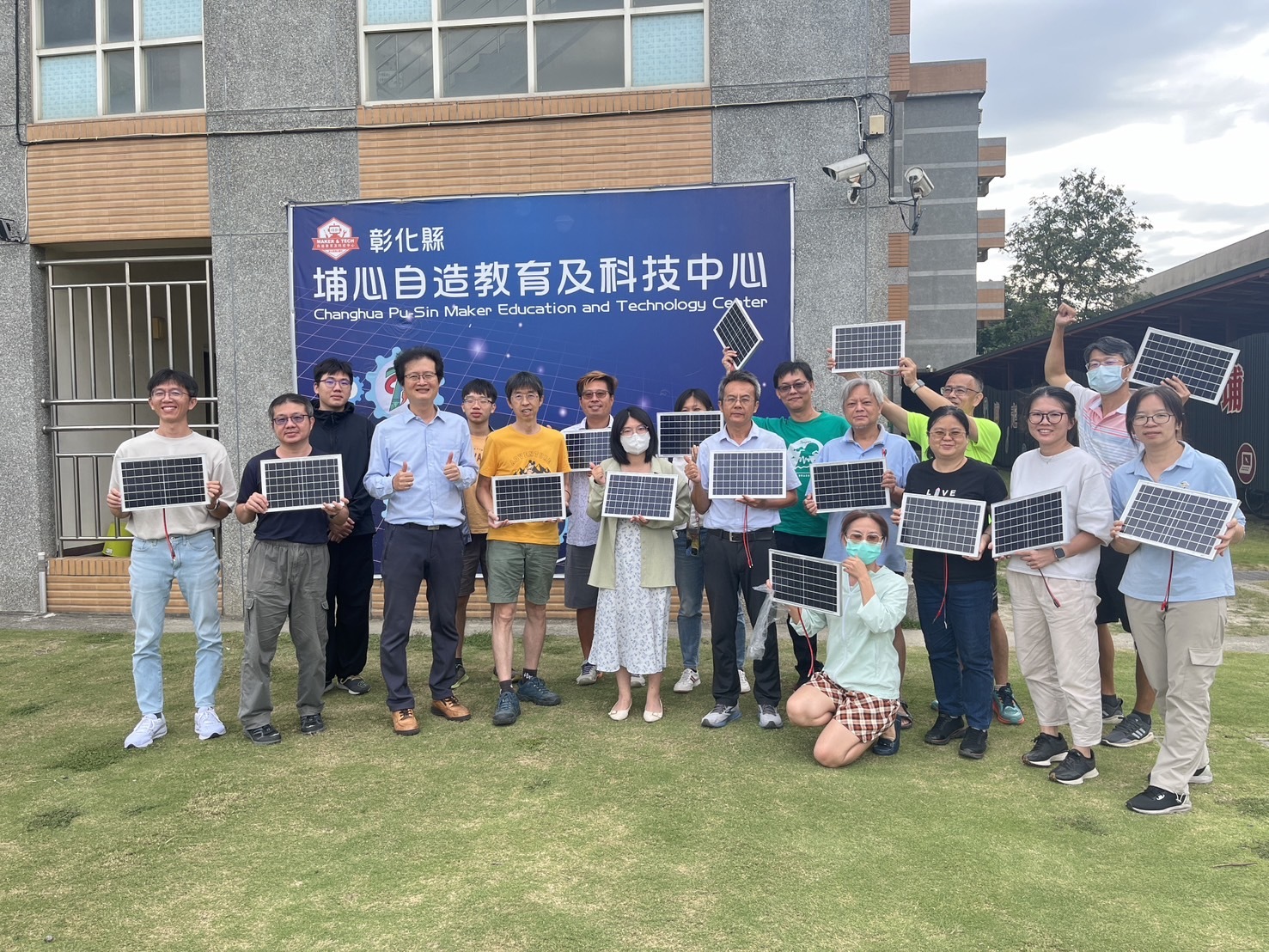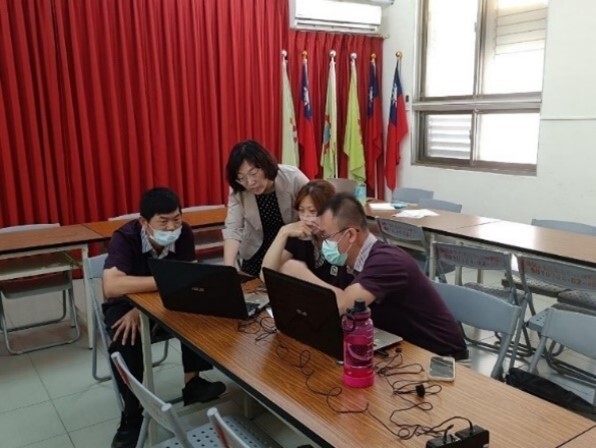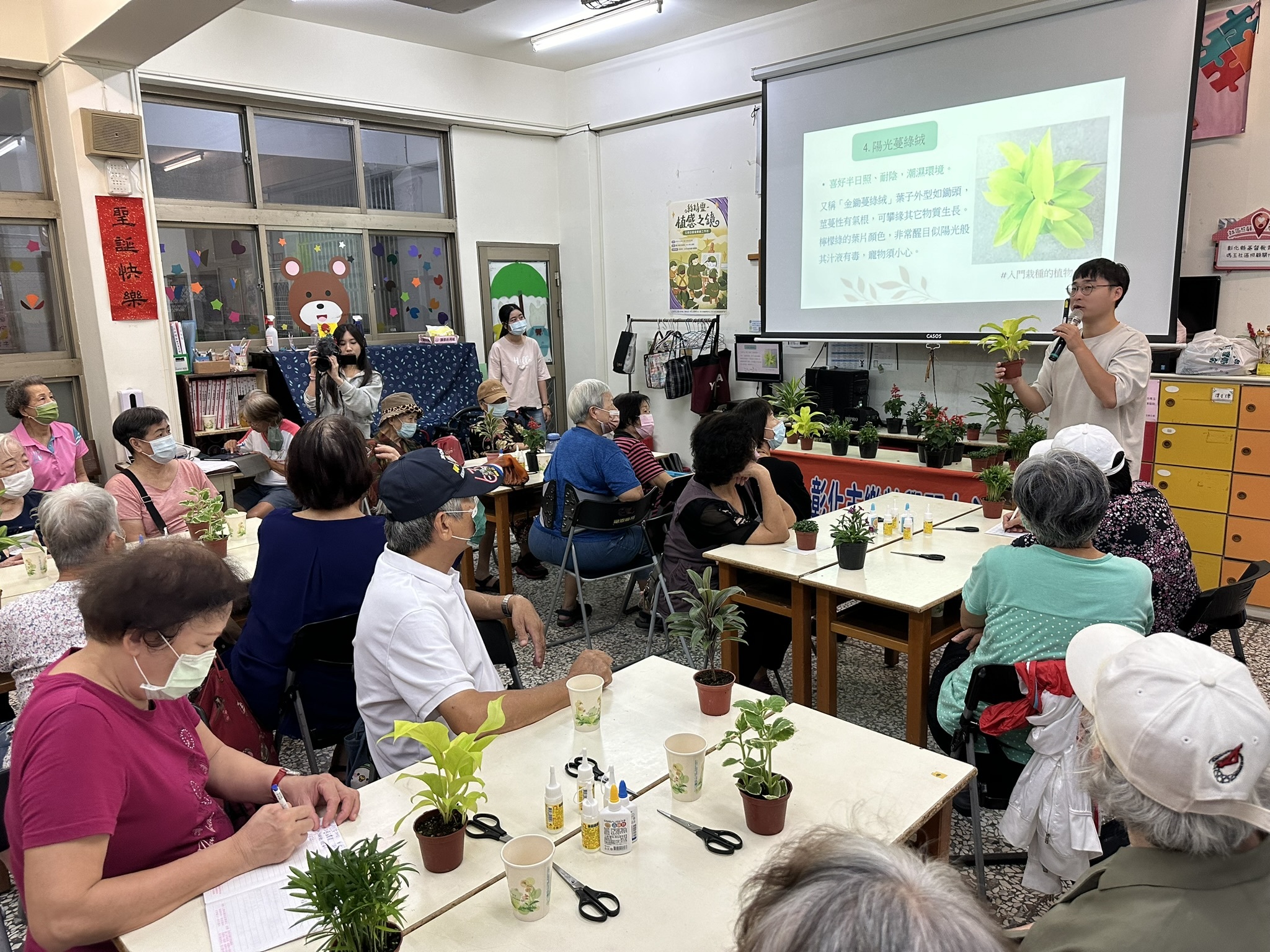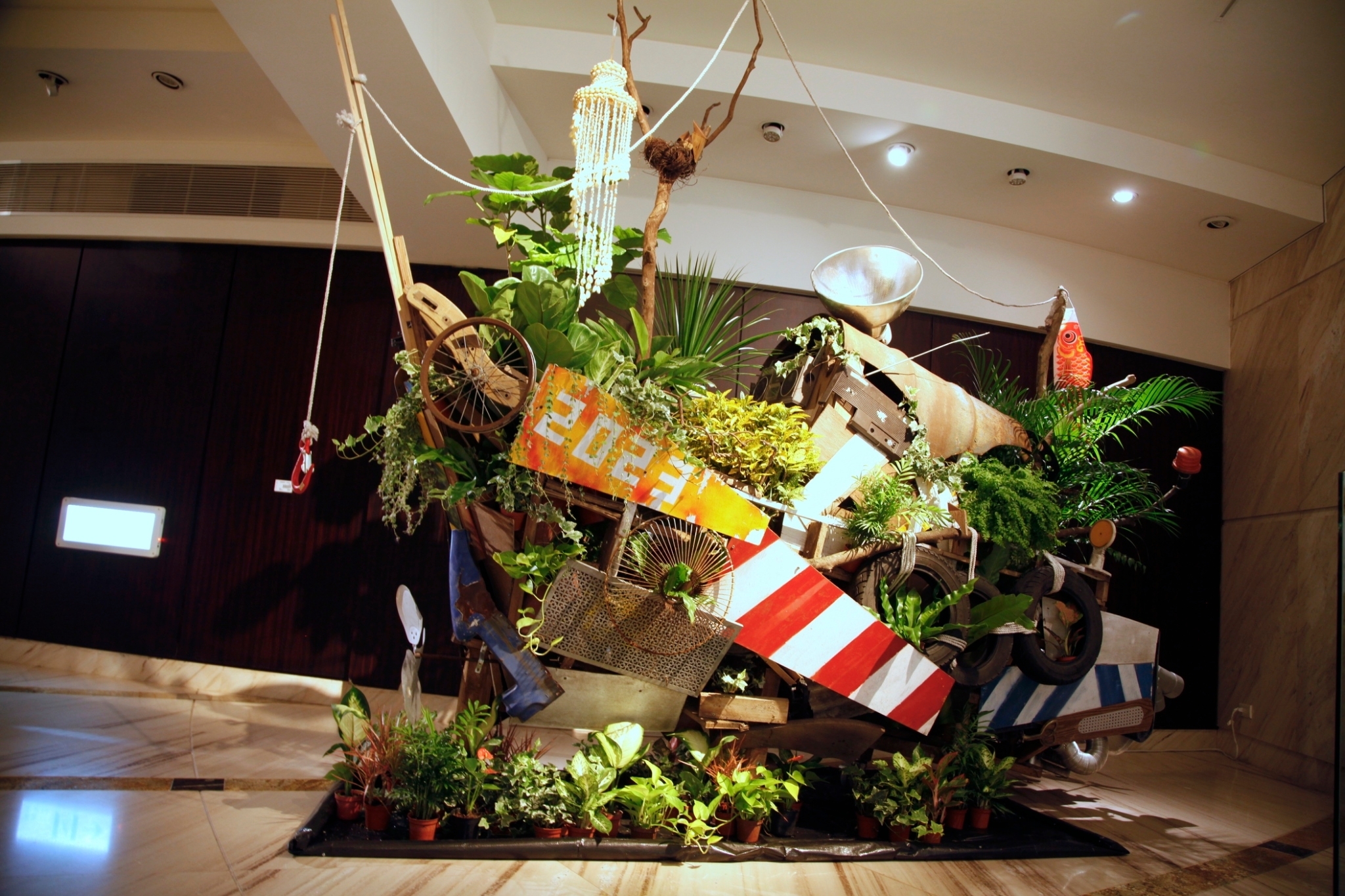SDG 1.4.3 Programmes for services access
People are at the core of sustainable development. NCUE is duty-bound to create a fair, just, and inclusive future Promoting continuous improvement to ensure that everyone has access to basic services is therefore of utmost importance. To eradicate poverty, NCUE organizes various training programs and projects to enhance access to basic services for students and related stakeholders.
To care for the community with high-quality education and reduce social inequality, NCUE strives to expand equitable access to basic services by implementing various projects (e.g., Projects funded by National Science and Technology Council and Ministry of Education projects, University Social Responsibility (USR) projects, and University Social Responsibility (USR) Hub Projects), offering language courses, sending groups to serve remote areas, and holding open seminars and community education activities. The relevant plans, policies, and results on education, service, electricity, health are as follows:
To practice local care through high-quality education and reduce inequality, NCUE seeks to improve everyone's access to basic services by implementing various projects (including National Science and Technology Council projects, Ministry of Education projects, University Social Responsibility (USR) Projects, and University Social Responsibility (USR) Hub Projects), offering language promotion courses, organizing service-oriented student associations to provide outreach in remote rural areas, and holding public seminars and community education activities. The following sections present the achievement of relevant plans/policies on education, service, energy, and health promotion:
|
Category |
Responsible units |
Plan/policy |
Highlights |
Photos |
|
Education |
Special Education Center |
The Project of Recruiting and Guiding Students with Physical and Mental Disabilities by Universities and Colleges in 2024 (Please refer to Annex 1.4.3A) (Figure 1-2) |
Provided relevant support services to NCUE students with physical and mental disabilities; 2,029 people received help with learning, 256 people received assistance with daily life, 130 people received help with the job transitions, and 280 received guidance and counseling services |
Figure 1. Stress Management and Relaxation Training – Cement Art Workshop |
|
|
||||
|
Figure 2. Mind-Body-Spirit Relaxation Training – Essential Oils and Healing Techniques |
||||
|
|
||||
|
Education |
Special Education Center |
2024 Implementation Plan for the Promotion of Special Education in the Changhua–Nantou–Yunlin Identification and Guidance District and the Subsidy Program for Special Education Centers in Universities and Colleges (Enhancing Professional Competency) (Please refer to Annex 1.4.3B) (Figure 3-4) |
Held 27 professional competency activities for special education personnel in higher education, including 6 mandatory introductory courses, 6 mandatory advanced courses, 14 elective advanced courses, and 1 specialized courses.
|
Figure 3. Professional Development Workshop on Special Education – Special Challenges for New Generation: Teachers Regaining Emotional Control in Daily Life |
|
|
||||
|
Figure 4. Principles and Practice of Guidance – Demonstration on Motivational Interviewing |
||||
|
|
||||
|
Education
|
Special Education Center
|
2024 Implementation Plan for the Promotion of Special Education in the Changhua–Nantou–Yunlin Identification and Guidance District (Please refer to Annex 1.4.3C) (Figure5-6)
|
1. Served a total of 86 people 2. Paid 2 visits to schools to provide counselling services 3. Published two issues of the Special Educator’s Journal to benefit special education departments, special education resource centers, special education administrative entities, faculties and students at all levels, and community members across Taiwan. 4. Conducted 2 briefing sessions on the identification of students with disabilities in universities and colleges, with 1 session on special education work review in the counseling districts, and 1 liaison meeting for disabled university/college students on their transition to life in a higher education institution. |
Figure 5. Special Education Publications |
|
|
||||
|
Figure 6. 2024 Special Education Consultation Schedule and Roster |
||||
|
|
||||
|
Education |
Center for Teacher Education |
University Distinctive Project Application for Phase III (2023-2024) - University Social Responsibility Implementation Project: NCUE x Common Good: Deep Cultivation and Advancement of Local Communities (Please refer to Annex 1.4.3D) (Figure 7-8) |
1. Organized a one-week NCUE x Common Good camps in 6 rural secondary and primary schools in 3 counties and cities, serving 231 students 2. Using career exploration assessment tools to serve 51 disadvantaged students from 4 rural schools, helping them complete individual career-exploration activities |
Figure 7. Summer Camp in Tacheng Junior High School – English Class |
|
|
||||
|
Figure 8. Changhua County Wanshing Junior High School –Career Exploration Course for Students |
||||
|
|
||||
|
Education
|
College of Extension Education
|
Public lectures and community education activities (Please refer to Annex 1.4.3E) (Figure 9-10) |
Provided courses on senior education (28 classes, 882 participants), enhancement of teachers’ capabilities (70 courses, 1,384 participants), training programs for 15 principals and directors of elementary and junior high schools on school management competencies, training for 40 second-generation successors and female leaders in SMEs, workplace skills enhancement training for professionals (127 classes, 2,451 participants), and various continuing education courses (60 classes, 1,213 participants). |
Figure 9. Calligraphy Class in the Community University for the Seniors |
|
|
||||
|
Figure 10. CBM Certification Class Infant and Toddler Tactile Massage and Perceptual-Motor Play |
||||
|
|
||||
|
Service
|
Extracurricular Activities Team, Office of Student Affairs
|
Service Clubs - Mountain Service Club, Rural Service Club, Fishing Village Service Club, Board Game Club (Please refer to Annex 1.4.3F) (Figure 11-12) |
Service-oriented student clubs organize learning activities during the semester, such as event planning, drama techniques, group activities, and outdoor games. During winter and summer vacation, they visit remote rural schools to provide recreational camps for local elementary school students. For example, the Mountain Service Club organized children’s recreational camps and community service activities during both winter and summer breaks in 2024. The camps centered on “self-awareness” and “media literacy,” helping children understand their relationship with the online world and the importance of media literacy. Additionally, to enhance children’s learning motivation, the club designed multiple station-based educational activities and NPC (Non-Player Character) checkpoint activities, through which children learned about multicultural knowledge in engaging ways. In 2024, a total of 7 service activities were organized, with 189 volunteer participants and a total of 400 people served. |
Figure 11. Mountain Service Club – Teaching Camp Songs and Dances |
|
|
||||
|
Figure 12. Mountain Service Club’s Traditional Night – Mobile Phone Strap Making |
||||
|
|
||||
|
Electricity
|
Department of Electrical Engineering
|
University Distinctive Project Application for Phase III (2023-2024) - University Social Responsibility Implementation Project : Sustainable Changhua: Green Energy Perspective in Education, Technology, and Economy (Please refer to Annex 1.4.3G) (Figure 13-14) |
1. USR Micro-Course on Green Energy: A total of 2,187 students enrolled in the USR Micro-Course on Green Energy. 2. Green Energy Education: 4 teacher training workshops were conducted with a total of 83 participants. One set of special education teaching materials and tools and 2 sets of general student green energy teaching materials were developed, and 9 seed teachers were trained. 3. Green Energy Technology: Completed 5 project productions. 4. Green Economy: Conducted 3 energy and carbon footprint training courses, training 45 of faculty and students in NCUE to obtain the ISO 14064 greenhouse gas inventory certification. Additionally, two ISO 50001 energy management certification training courses were held. NCUE successfully assisted 42 companies in Changhua County in completing their carbon inventories. |
Figure 13. Green Energy Education – Seed Teacher Training |
|
|
||||
|
Figure 14. Course Explanation for Carbon Footprint Verification |
||||
|
|
||||
|
Ecology
|
Department of Fine Arts |
University Distinctive Project Application for Phase III (2023-2024) - University Social Responsibility Implementation Project: Building an Ecological Home and Sustainable Communities: The Changhua Ecological Arts Initiative. (Please refer to Annex 1.4.3H) (Figure 15-16)
|
1. Cross-disciplinary courses such as “Art and Auxiliary Therapy,” “Horticultural Therapy,” and “Curatorial Theory and Practice” were offered, cultivating 37 students’ professional competencies and practice in the community. 2. In collaboration with Changhua Senior Learning Center, the Department of Fine Arts 8 held workshops, attracting 208 elderly participants. The “Green Elf” workshop series was further expanded to 5 sessions and provided students with off-campus internship opportunities and hourly subsidies. 3. In partnership with Changhua Arts High School, The Affiliated Senior Industrial Vocational High School, and Changhua Christian Hospital, NCUE jointly organized 4 horticultural therapy activities, serving 87 participants. 4. Participating in the "Star of Tiding 2.0” competition, the Department of Fine Arts received NTD$200,000 in subsidies. The “Eco Art & Eco Ark” exhibition was held at O-Bank Gallery, running for over one month and attracting more than 300 visitors. The Chairman of O-Bank collected one student artwork titled “Green Oasis (Ark),” and offered NTD$200,000 as collection rewards. 5. Ten seed teaching assistants were cultivated on campus, and its audiovisual production team created 22 thematic documentaries, accumulating professional expertise and employment competitiveness, forming a virtuous cycle connection between curriculum, community, and career development. |
Figure 15. Senior Learning Center – Horticultural Therapy Workshop |
|
|
||||
|
Figure 16. “Eco Art & Eco Ark” Ecological Art Exhibition – Artworks Record |
||||
|
|

